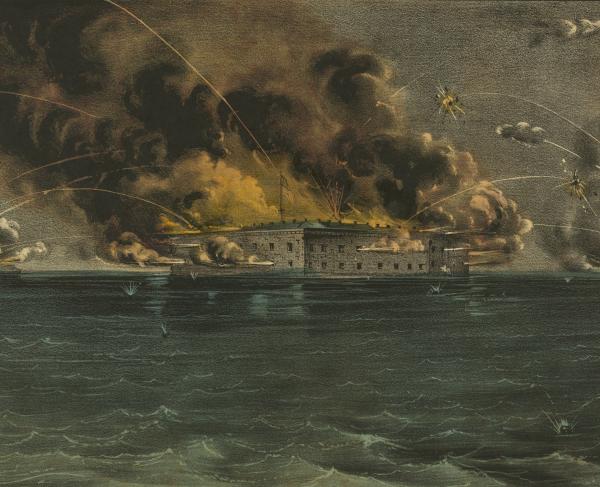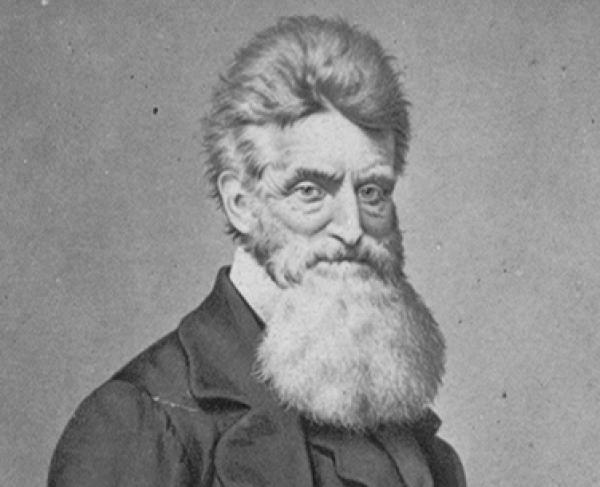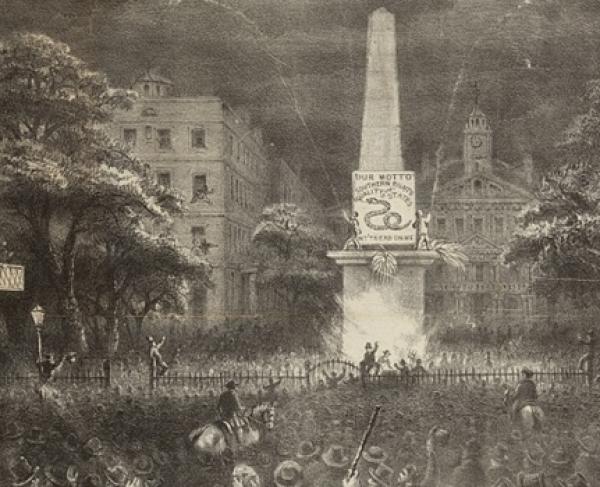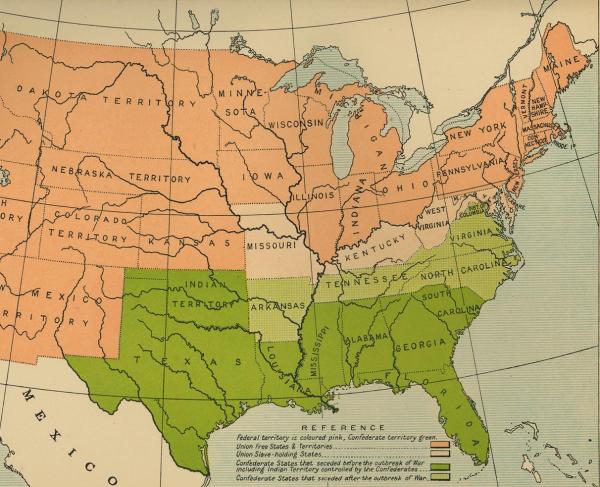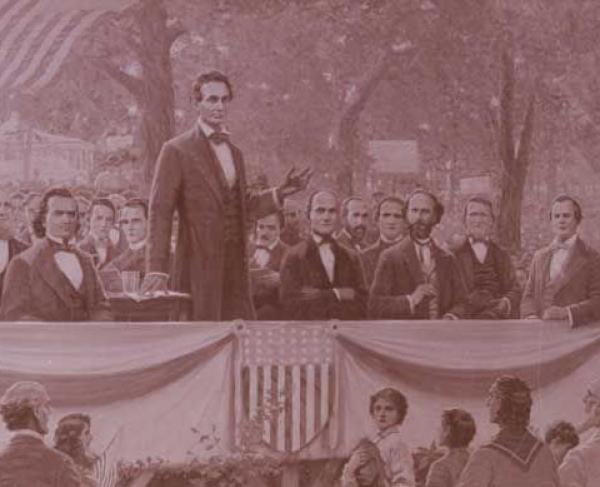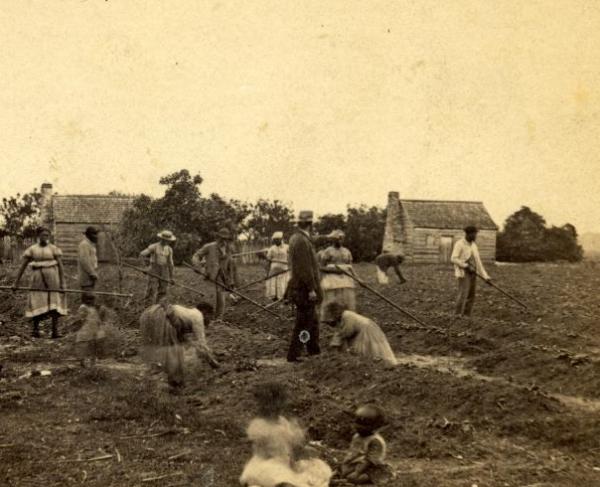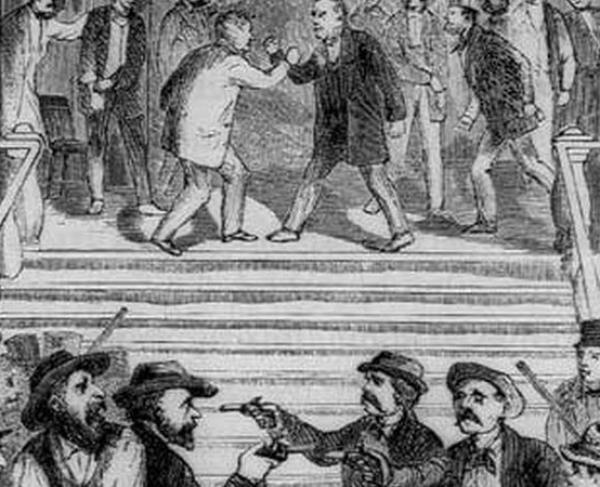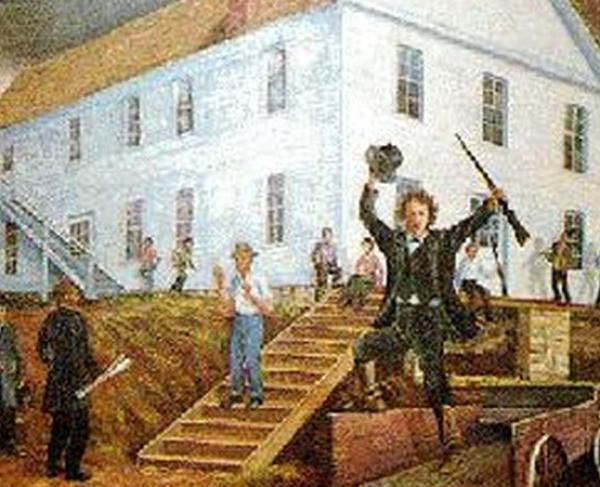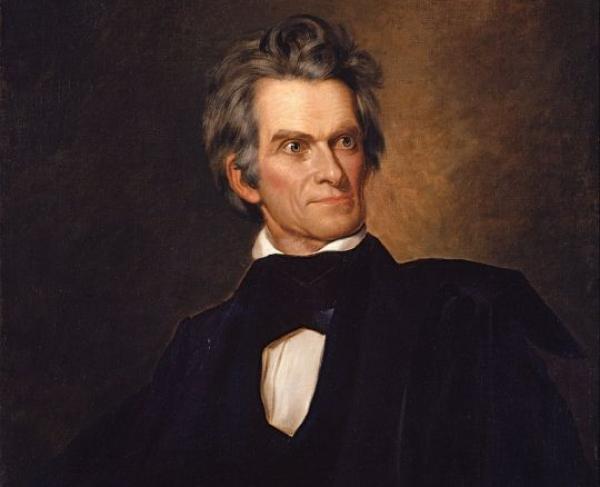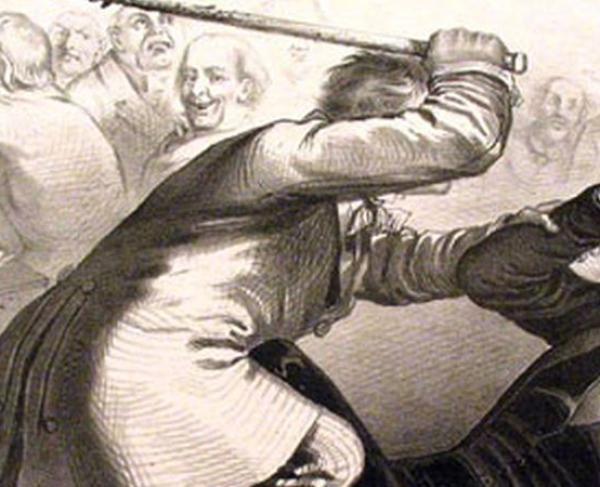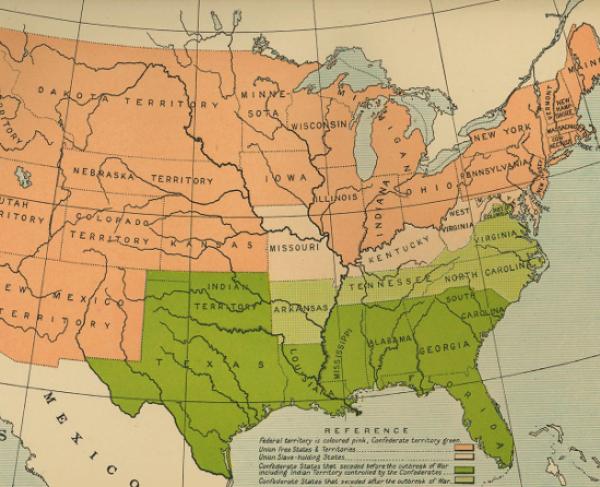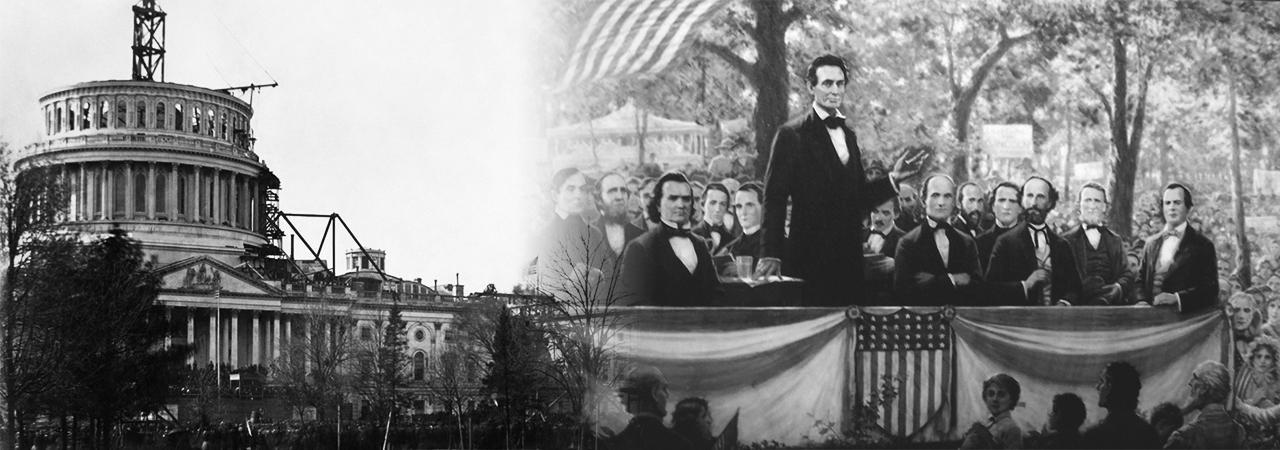
The Gathering Storm
The Coming of the American Civil War
The roots of the American Civil War predate the creation of the United States, with sectional rifts only deepening in the years following the Revolution. Although there were a variety of regional differences, ranging from the economic to the moral, the most visible and virulent was the debate over slavery. Between 1780 and 1804, each northern state outlawed the practice, while it continued to flourish to the south. Abolitionists, who sought to ban 'the peculiar institution' throughout the country, sharpened the debate in the 1830s, while a series of events kept the slavery question at the forefront of the national consciousness. Tensions heightened in 1831 in the wake of Nat Turner's violent slave rebellion, then again in 1854 when passage of the Kansas-Nebraska Act, which allowed those territories to decide the issue, sparked bloody conflict. In 1857, in the case Dred Scott v. Sanford, the Supreme Court ruled, among other things, that Congress had no authority to ban slavery in federal territories, prompting an economic panic. The United States was experiencing unprecedented growth, progress and prosperity, but the political landscape was a minefield of trouble and turmoil.
Explore the Gathering Storm
Bleeding Kansas
Lecompton Constitution
John C. Calhoun
The Caning of Charles Sumner
Secession Acts of the Thirteen Confederate States
The Gathering Storm: The Secession Crisis
More About the Gathering Storm
- Fugitive Slave Act »
- John Brown »
- The North and the South »
- A Brief History of Slavery in the United States »
- Purged Away with Blood »
- The Gathering Storm: The Coming of the Civil War »
- Contrasting the North and South before the War »
- »
- The Gathering Storm: Antebellum America »
- The Reasons for Secession: A Documentary Study »
- The Gathering Storm: The Coming of the Civil War »
- Southern Secession and Lincoln's Election »
- Trigger Events of the Civil War »
- Abraham Lincoln »
